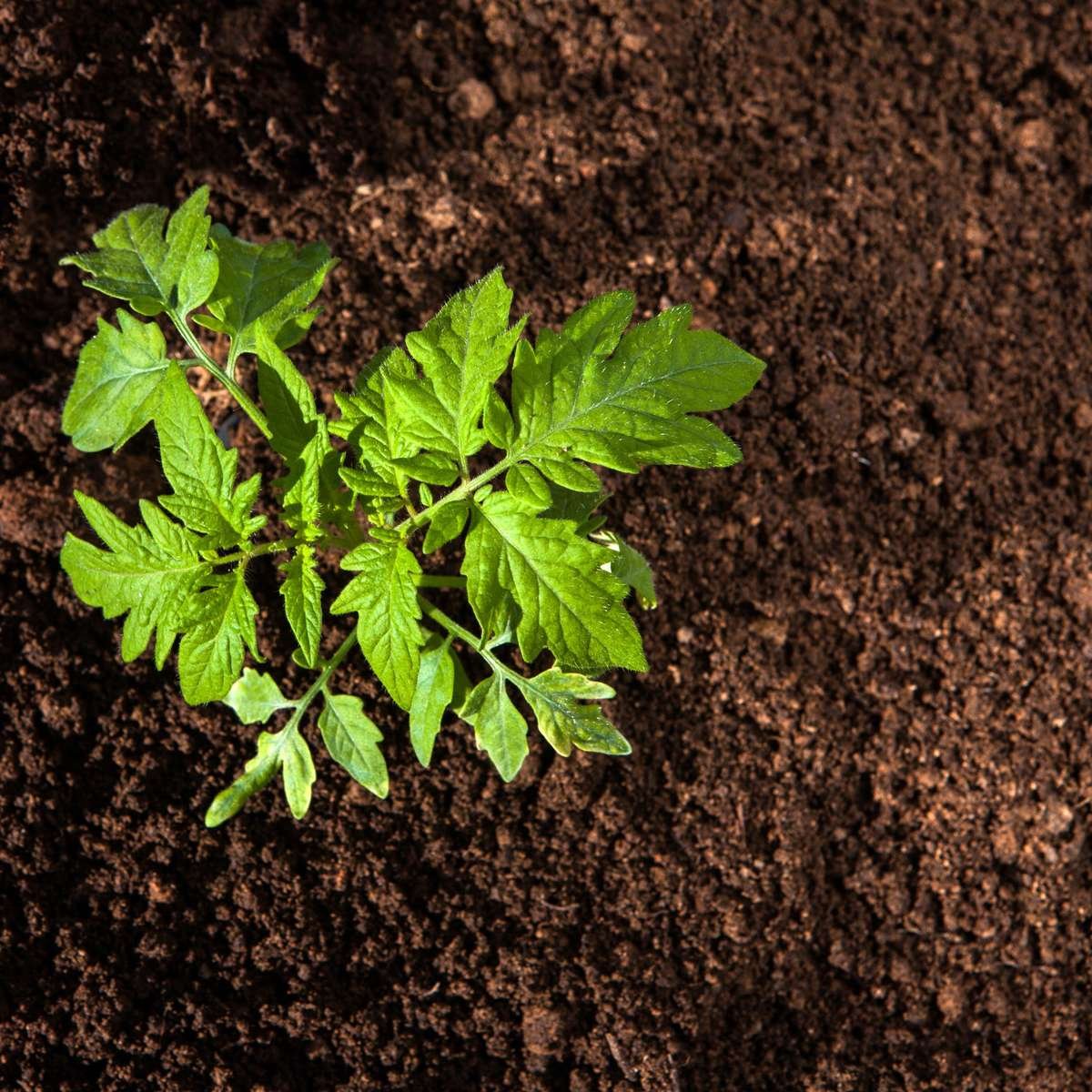
Fertilizer & Soil Tips

Healthy Plants Start With Healthy Soil
Healthy, living soil is the key to healthy plants. Millions of bacteria, fungi, and insects live in the soil and influence its structure, texture, and fertility. What you choose to amend and fertilize with has a big impact on the health of these organisms, and therefore, the health of your plants.
Read on for tips about fertilizers, soil, and plant nutrients.
Read on for tips about fertilizers, soil, and plant nutrients.
Why Fertilize?
- Plants require fertilization because most soil does not provide the essential nutrients required for optimum growth.
- Even if you are able to start with great garden soil, as your plants grow, they absorb nutrients and leave the soil less fertile.
- Organic fertilizers are always preferred—they encourage stable growth over the long term. Synthetic fertilizers cause plants to use more water by pushing a lot of immediate, water-thirsty growth.
Plant Nutrients
Plants require six primary nutrients: carbon, hydrogen, and oxygen, which come from air and water. Fertilizer provides three equally important nutrients: nitrogen, phosphorus, and potassium.
- Nitrogen (N): Responsible for rich, lush growth and a healthy, dark green color. These characteristics are important but must be balanced with the other nutrients to achieve optimum results.
- Phosphorus (P): Vital in many plant functions on a cellular level including energy transfer and cell division. It is important in the formation of seeds, the development of roots and it also speeds plant maturity and helps the plant resist stresses.
- Potassium (K): Helps promote strong stems and roots and is involved in maintaining a proper water balance within the plant. It aids in disease resistance and influences most of the reactions that take place within the plant cells. Its role in root development is crucial in the fall when preparing turf for winter.
Build Healthy Soil
Soil health is an important aspect of growing healthy plants.
Consider the following to improve soil health:
Consider the following to improve soil health:
- Adding Organic Matter: Most soils in our area are heavy clay. Amending soil with organic matter like compost, is essential to help loosen soil, conserve moisture and improve soil aeration. Organic material is beneficial for the flourishing of microorganisms. Adding organic matter also helps keep roots hydrated in the summer.
- Minimize Tillage: To put it simply, turning your soil can disrupt the essential organisms living in the soil—there's a delicate balance of symbiosis happening in the soil and it's good to let it be.
- Plant Trees: While growing trees may take a long time, the benefits they provide are worth the wait. Fallen leaves add organic matter, roots mitigate soil erosion, and they draw nitrogen from the air and transfer it to the soil.
- Crop Rotation: Planting the same crop in the same place year after year will deplete your soil of the nutrients that plant uses most.
- Cover Crops: Enhance soil fertility, reduce weeds, and attract beneficial insects. Also called “green manuring”. Legume cover crops can be particularly effective.
Did you know? Soil health influences the nutrient density of fruits and vegetables. Healthy soil equals healthy harvests.
Our team of soil gurus can assist you in finding the right amendments for your soil and the plants in your landscape.
Our team of soil gurus can assist you in finding the right amendments for your soil and the plants in your landscape.
